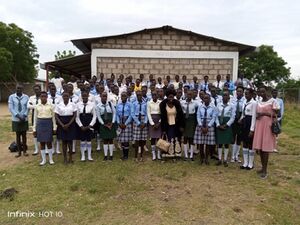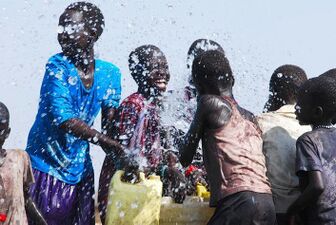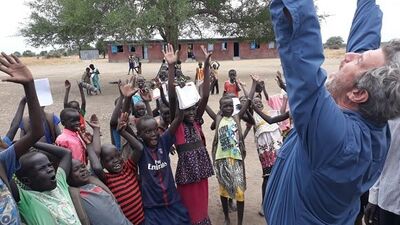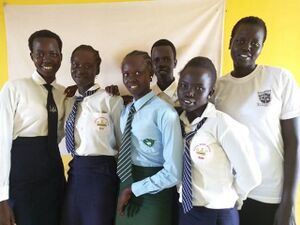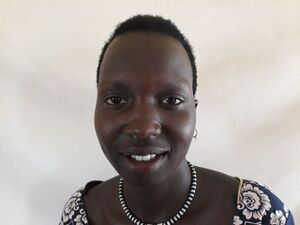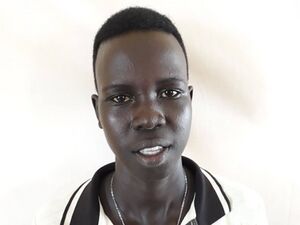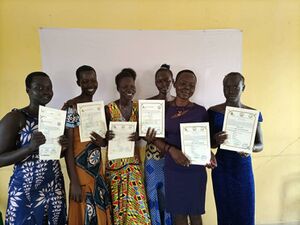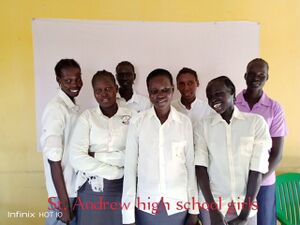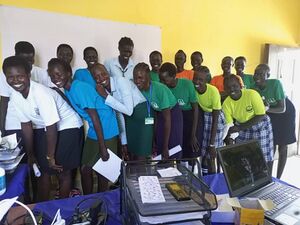Educating Girl Groups in South Sudan: Difference between revisions
No edit summary |
(Updated solutions) |
||
| Line 18: | Line 18: | ||
=Project Gallery= | =Project Gallery= | ||
|Problems=38273 | |Problems=38273,201805 | ||
|Solutions=201807 | |||
|organization_id=129343 | |organization_id=129343 | ||
|Region=South Sudan | |Region=South Sudan | ||
Revision as of 20:14, 21 June 2023
| Organization | Project Education South Sudan |
|---|---|
| Region | South Sudan |
| Website | Website |
| ProjectLeader | Daniel Gai |
| Linked Problems & Solutions
|
|---|
In South Sudan, a girl is three times more likely to die in childbirth than she is to graduate high school. In contrast, PESS scholars have a high school graduation rate of over 90%! PESS knows that educated girls go on to become leaders in their community and to raise healthier, civically-minded families. This project will send 10 girls to private school, and provide mentoring and tutoring. Plus, the girls create a "Girl Group" which encourages camaraderie and develops peer support.
Challenge
Girls and young women in South Sudan face nearly impossible challenges when trying to access education. In addition to overcoming an unsupported and unreliable public school educational system, girls are often the last of their siblings to go to school. There is still a persistent belief amongst many village elders that girls "do not need" to be educated. Because of this outdated belief, when a family's financial resources are limited, they often send only their male children to school.
Long-Term Impact
Through increasing access to education for girls and young women in Bor, PESS hopes to improve economic opportunities for our scholars and to teach the importance of peace. Data has shown that educated women raise healthier families and become respected voices in their communities. It is our hope that these educated, brave, and brilliant young women will become the voices of a more peaceful and just South Sudan in the future.
References
Project Gallery
